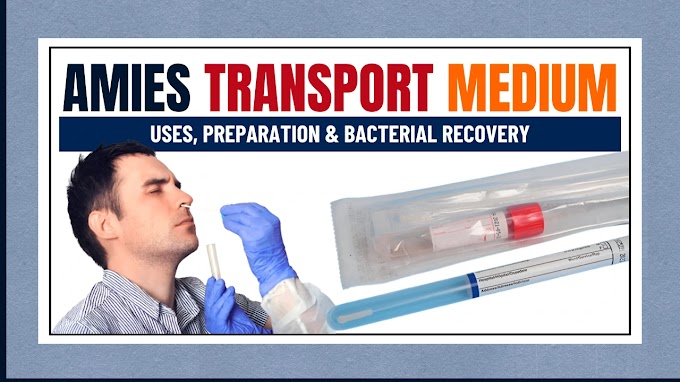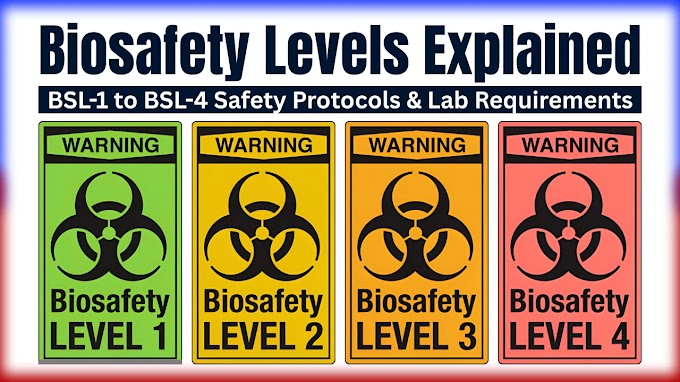Introduction:
Bacterial antibiotic resistance has become a global problem, causing millions of deaths each year. However, researchers at Baylor College of Medicine have made significant progress in their search for solutions. In a recent study published in Science Advances, they have identified a drug called dequalinium chloride (DEQ) that shows promise in reducing the development of antibiotic resistance in bacteria. This breakthrough could potentially prolong the effectiveness of antibiotics and save countless lives.
Understanding Antibiotic Resistance:
Antibiotic resistance occurs when bacteria mutate and acquire the ability to survive the effects of antibiotics. This renders these drugs ineffective in treating bacterial infections and poses a significant threat to public health. The researchers focused on finding a way to prevent or slow down the development of antibiotic resistance in Escherichia coli (E. coli) bacteria, specifically when exposed to the widely prescribed antibiotic ciprofloxacin.
The Role of DEQ:
The drug DEQ has demonstrated its potential as an evolution-slowing drug in laboratory cultures and animal models. It works by reducing the speed at which new mutations occur in bacteria during infection. Previous research from the same group had shown that stress responses triggered by low concentrations of ciprofloxacin increased the mutation rate in bacteria. The team discovered that DEQ can counteract this stress-induced mutational process, inhibiting the development of antibiotic resistance.
Searching for Effective Solutions:
To find a drug that can combat antibiotic resistance, the researchers screened 1,120 drugs approved for human use. They sought compounds that could suppress the bacterial stress response, which is responsible for promoting resistance mutations. Importantly, they wanted drugs that did not slow down bacterial growth, as this could inadvertently favor the growth of resistant mutants. DEQ emerged as a promising candidate, meeting both criteria.
Promising Results:
When DEQ was administered alongside ciprofloxacin, it significantly reduced the development of antibiotic resistance mutations in laboratory cultures and animal models of infection. Importantly, bacteria did not develop resistance to DEQ itself. Furthermore, the mutation-slowing effect was observed at low DEQ concentrations, which is encouraging for future clinical trials in patients.
Conclusion:
The groundbreaking research conducted by the team at Baylor College of Medicine offers hope in the fight against antibiotic resistance. By using the drug DEQ, they have successfully slowed down the race of bacteria to develop resistance mutations. This breakthrough has the potential to extend the effectiveness of antibiotics, providing a crucial lifeline in the battle against drug-resistant infections. Further clinical trials are needed to evaluate DEQ's efficacy in decelerating bacterial antibiotic resistance in patients.



~1.webp)

.webp)
.webp)
